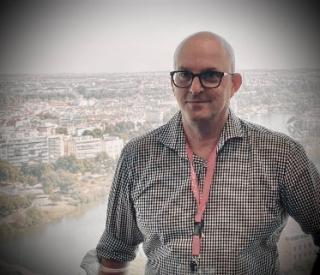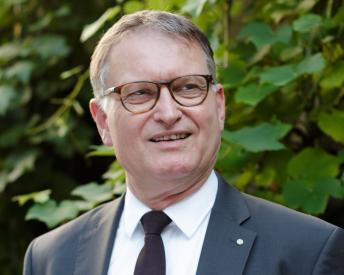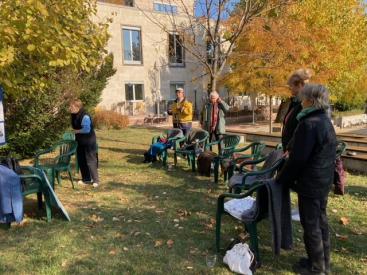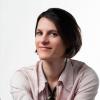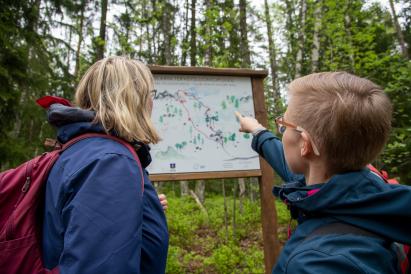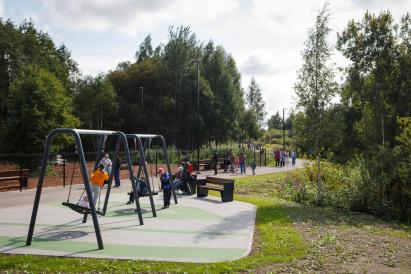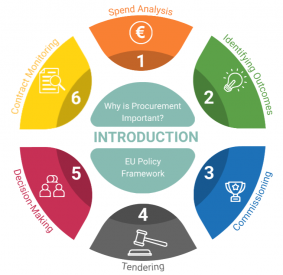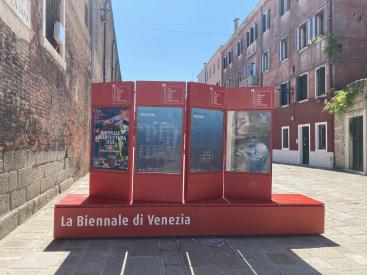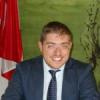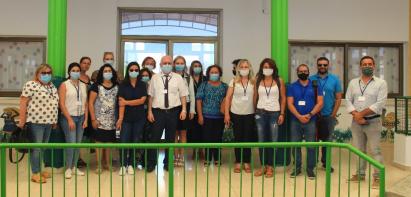Network Expert Kostas Karamarkos introduces the cities of RU:RBAN Second Wave
RU:RBAN Second Wave will transfer an inclusive, flexible and friendly methodology to the Urbact Local Groups of the 5 networking cities (Rome, Lead Partner, and the cities of Alexandroupolis, Algeciras, Carlow and Split) in order to support them in the management of urban gardens within the EU Urban Agenda and the related Sustainable Development Goals. It will do so through an adaptive approach for European networking cities different from each other in size, climate, cultural heritage and socio-economic background. An approach that fosters the inclusion and engagement of local stakeholders, the collaboration of civil society, academic bodies, public actors and associations for the cooperative management of urban resources. The four newcomer cities will follow a clear Transfer Roadmap that will last till December 2022, adopting and adapting the 3 project transfer elements: Capacity building, Vocational training (Gardeniser) and Governance. Let’s see together some of the main points of interest in their RU:RBAN journey.

